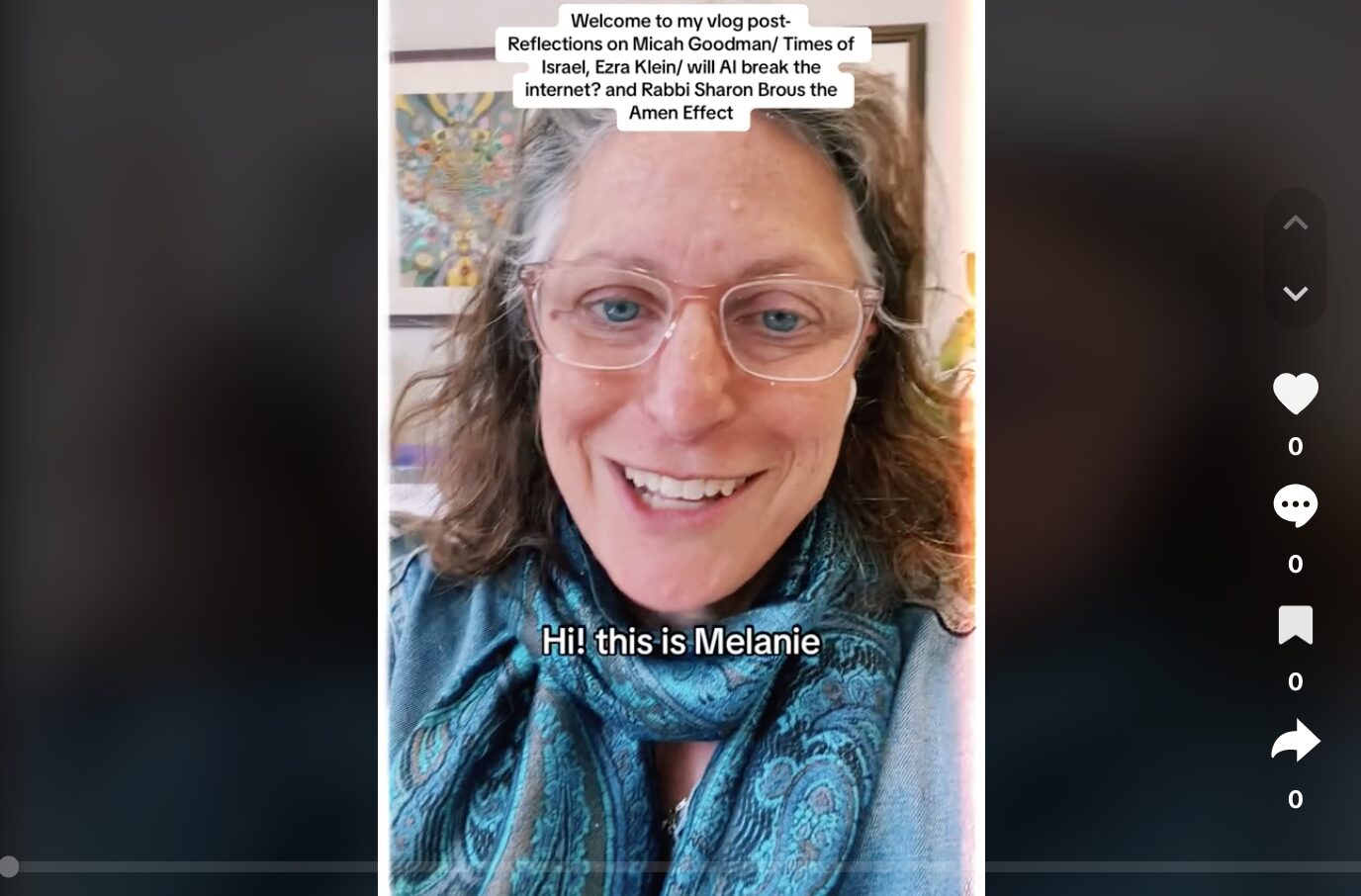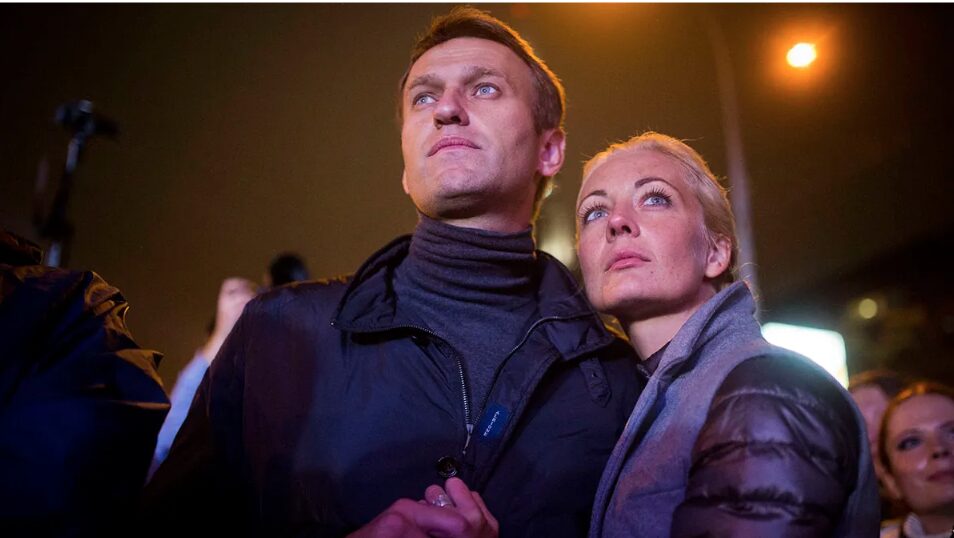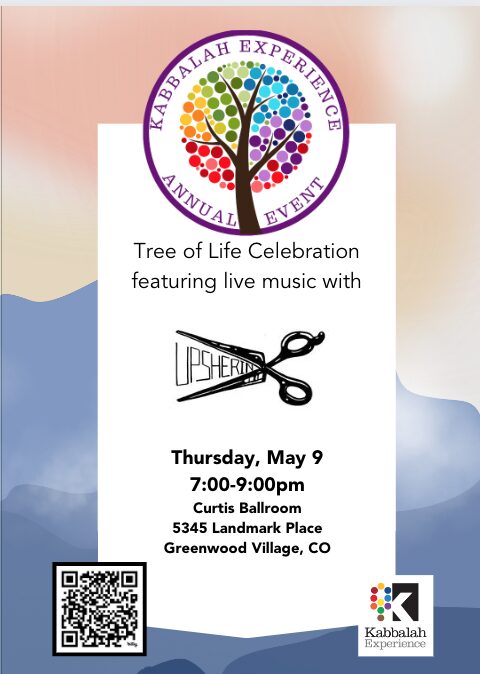“Come and hear: The father of Samuel had some money belonging to orphans deposited with him. When he died, Samuel was not there and did not ask his him where the money was kept. People derogatorily called him, ‘The son who consumes the money of orphans’.
So he went after his father to the cemetery (to converse with him). Samuel observed that his father’s soul was both weeping and laughing. He said to him: Why are you weeping? He replied: Because you are coming here soon. And why are you laughing? Because you are highly esteemed in this world.
He then asked him: Where is the money of the orphans? He replied: Go and you will find it in the case of the millstones. The money at the top and the bottom is mine, the money in the middle is the orphans’ He said to him: Why did you do like that? He replied: So that if thieves came, they should take mine, and if the earth destroyed any, it should destroy mine.”
This story (one of many) is found in the Talmud Berachot 18b and is brought by the Talmud as proof that we can communicate with the souls of the departed.
So what may be controversial about addressing the dead from a Jewish law perspective?
I would suggest that it is our human discomfort with death itself.
It has long been decided in Jewish law that talking with the dead (by oneself or through a medium) is only prohibited if you think that the dead body is in itself the conduit to the discussion. If one is communicating with the soul of the deceased it is permissible.
Many Jews think as well that organ transplants are against Jewish law. Nothing could be further from the truth. Again though, where does this attitude come from? I would suggest that it is our human discomfort with death.
The Kabbalah’s perception of death contrasts with the perception of death in traditional Judaism. My revered Talmud teacher, Rabbi Soloveitchik clearly demarcates the traditional Jewish view:
“Judaism proclaims that coming into contact with the dead precipitates defilement. Judaism abhors death, organic decay and dissolution. It bids one to choose life and sanctify it. Jewish law is devoid of any positive orientation to death and burial. Death is a symbol of the most intense defilement; therefore he who is holy unto his Lord must keep far away from such defilement. Thus the Scriptures declare with regard to the high priest: ‘He shall not defile himself for his father or his mother, etc.’”
In contrast, Rabbi Kook, the first Chief Rabbi of Israel, provides a telling rejoinder to Rabbi Soloveitchik’s point of view (based in Kabbalistic philosophy):
“Death is a false phenomenon. What makes death unclean is that it spreads an aura of falsehood. Actually, what people call death is the opposite: an ascent into an even greater and more real life.
We are plunged into the depths of small mindedness. What has placed us here? Our physical and emotional drives. These drives, gazing upon this ascent into life, interpret it as a dreadful, black phenomenon that they label: death.
In their purity, the Kohanim (priests) must shield themselves from this falsehood. The only way to escape while this false consciousness lays spread across the earth is to avert one’s eyes from any sights that cause one’s soul to err. That is why the Kohanim are commanded to avoid the vicinity of any dead person for in their human apprehension of death, this falsehood, they are defiled.”
Moving beyond the body and beyond our fears of death is a principle of Kabbalah study and practice.
We therefore welcome Rebecca Rosen’s help in dissolving our fears as she shares with us next week her experiences and with her we can enter big mindedness.











0 Comments